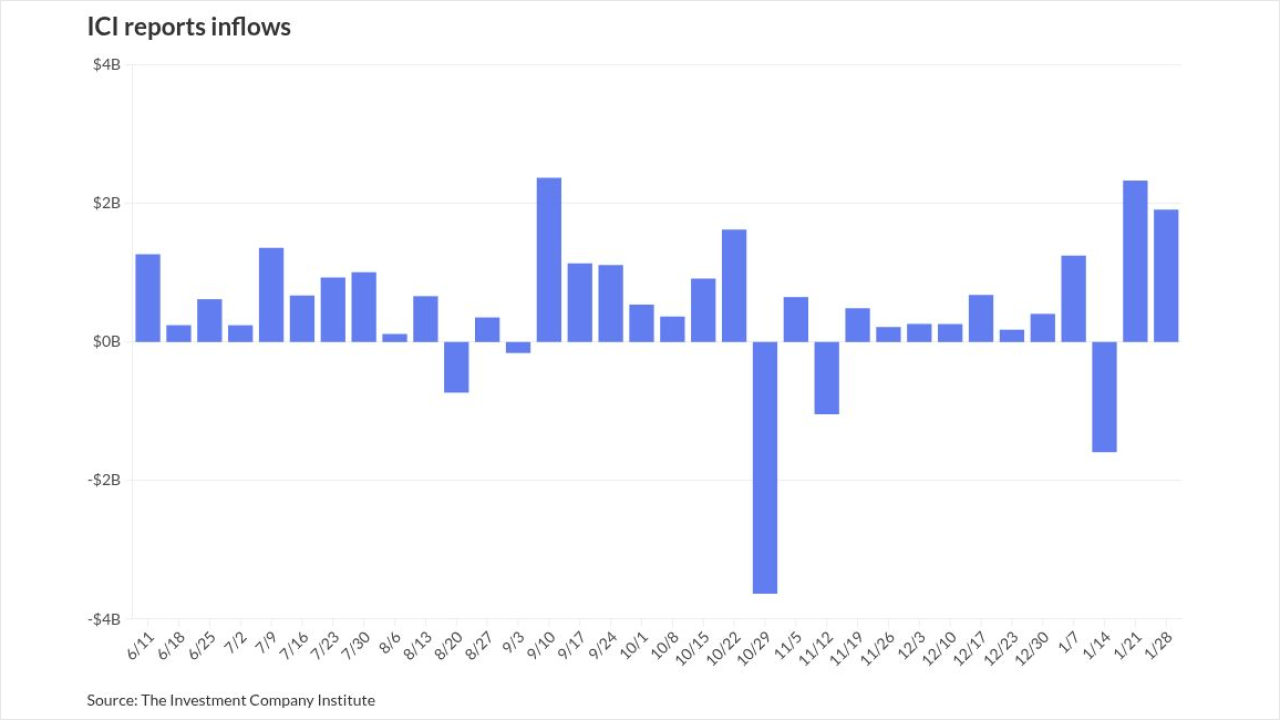CHICAGO — Moody's Investors Service this year has downgraded nearly a quarter of the local school districts it rates in Michigan, a big jump from last year that reflects growing budget strains and challenges.
In a report released Tuesday, Moody's said Michigan's school districts face serious challenges from falling enrollment, which leads to revenue declines, and rising pension obligations. Charter schools are part of the problem, driving up competition and leading to loss of students, the rating agency said.
"There is little sign that the credit pressures facing Michigan schools will ease in the coming year," Moody's analyst Matthew Butler wrote in the report, "Declining Demographics and Growing Competition Pressure Michigan Schools."
School districts in the Detroit area have suffered particularly large enrollment declines. But the problems are beginning to expand across the state, and the location of downgraded districts in 2013 expanded relative to prior years, the ratings agency said.
It's the fourth report in two years that Moody's has put out warning of problems facing Michigan schools. State officials and lawmakers are starting to eye the problem as well, and earlier this year passed legislation giving the state the power to dissolve small districts with chronic deficits.
Moody's has downgraded 53 Michigan school districts so far this year, representing 22% of its portfolio. That's a 64% increase over the number of downgrades last year, the firm said. Nearly half of the 2013 downgrades were more than one notch.
Retirement obligations in the form of pension payments will increasingly crowd out other school services without an influx of new revenue, Butler said.
Districts contribute to the Michigan Public School Employees Retirement System. The funding status of the plan declined to 64.7% in 2011 from 88.7% in 2007, Moody's said. The unfunded liability jumped to $22.4 billion from $5.8 billion over the same period. If other post-employment benefits liability is included, the unfunded liability rises to $48.3 billion.
"The share of revenue dedicated to meeting annual retirement obligations has grown significantly since 2007," Butler said. "Further negative plan performance will only necessitate additional resources being diverted to the retirement system."
Falling enrollment is another key problem, according to the report.
Of the 549 public school districts in the state, 425 have lost students over the past decade, said Butler. It's partly due to statewide population loss — Michigan has the largest net negative migration in the country, Moody's said — as well as the growing number of charter schools.
Enrollment in public schools fell 13.2% between 2004 and 2012, while enrollment in charter schools grew more than 60% over the same period.
"This brisk pace of expansion does not appear to be easing," Butler wrote, noting that the number of charters rose by 8%, to 298, in the current school year. At the end of 2012, charters enrolled about 8% of the state's school population.
"Regardless of the source of enrollment decline, the result for affected districts is a loss in revenue, which can place significant strain on a budget," Butler wrote. School districts cannot ask voters for a property tax increase, which severely limits flexibility, Moody's said.
"Without that option, the only alternative for a district seeking to raise revenue is to increase enrollment by attracting students residing in other districts through the state's Schools of Choice program or through online course offerings," Butler said. "These opportunities, however, often require investment by the school district, which may not be available in the budget."





